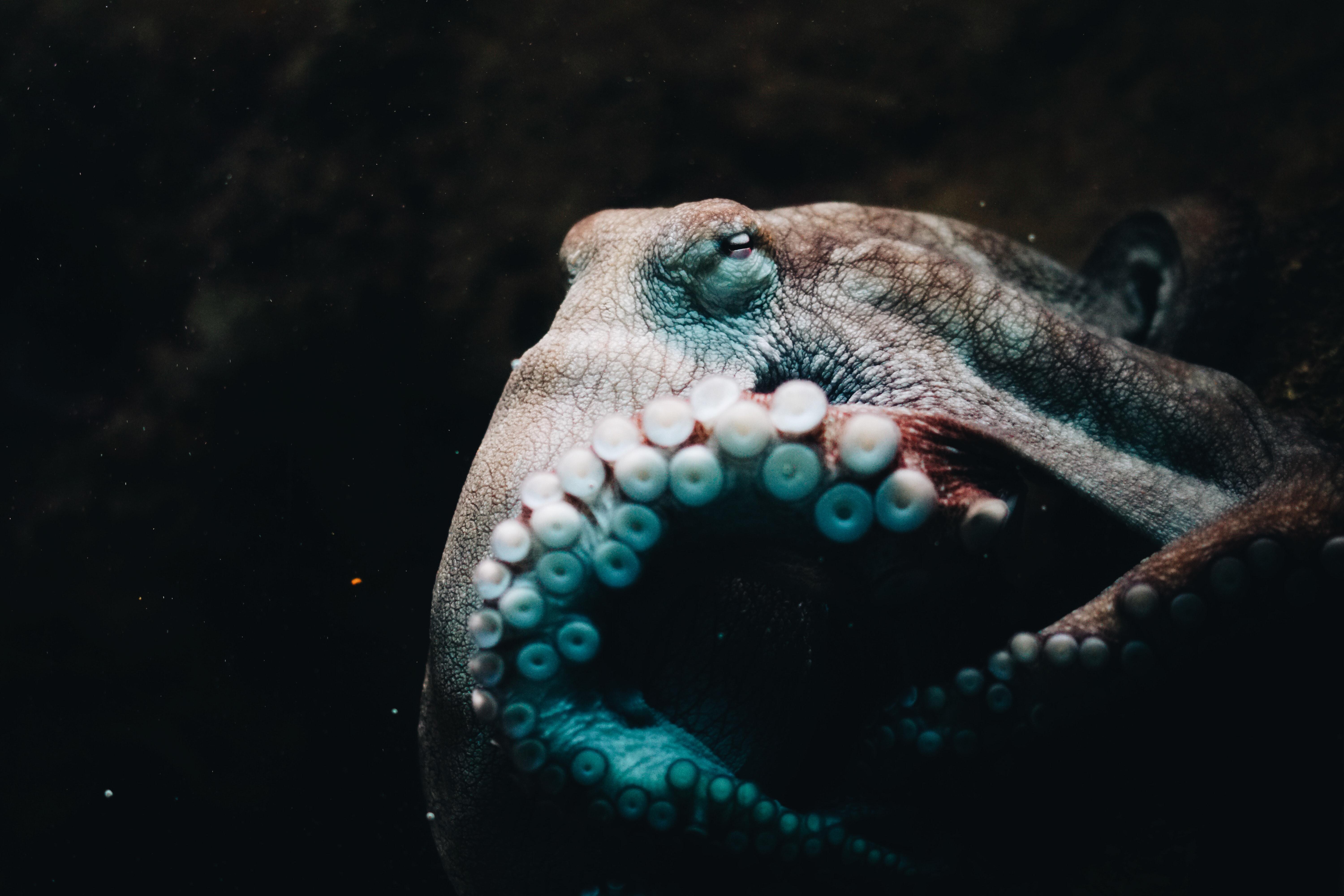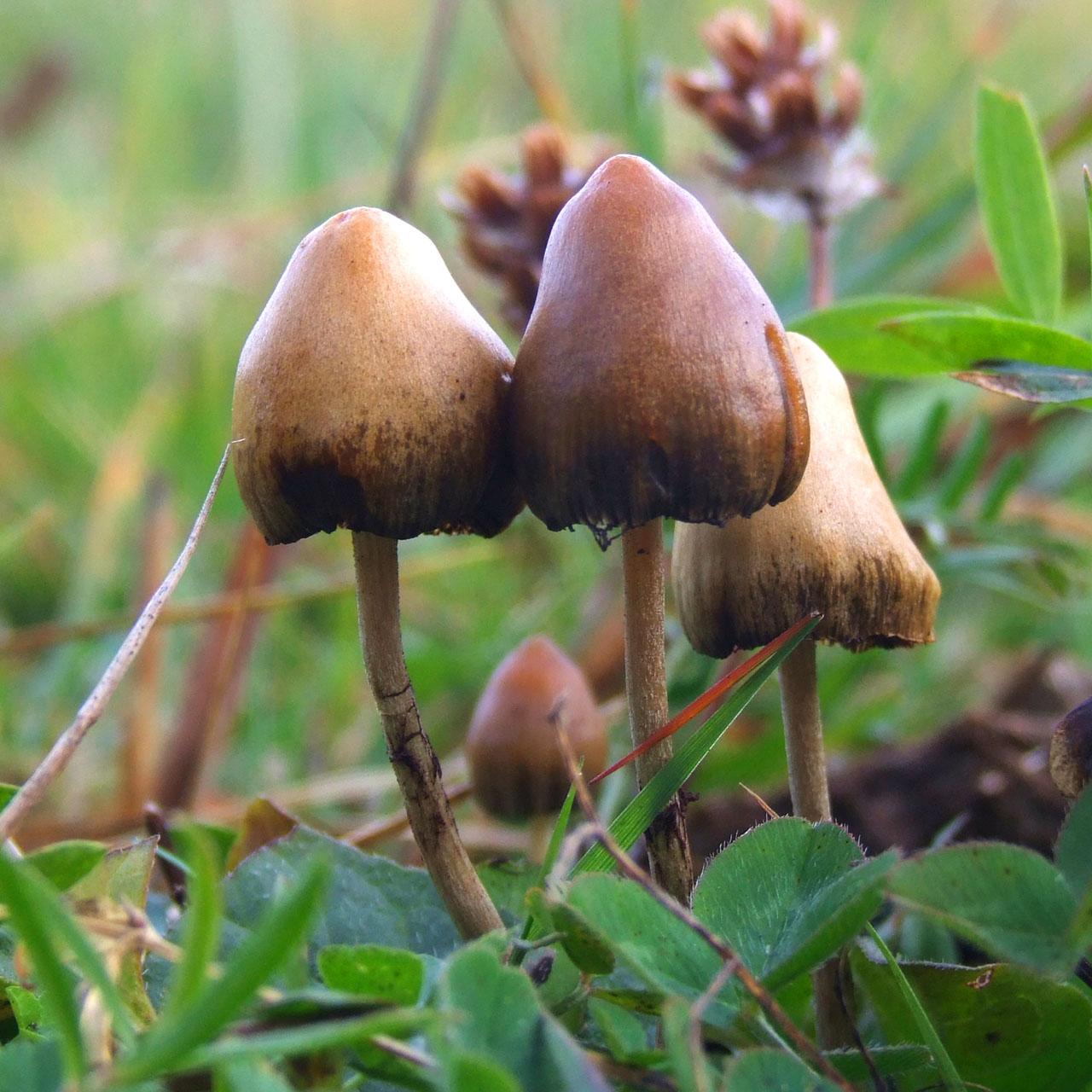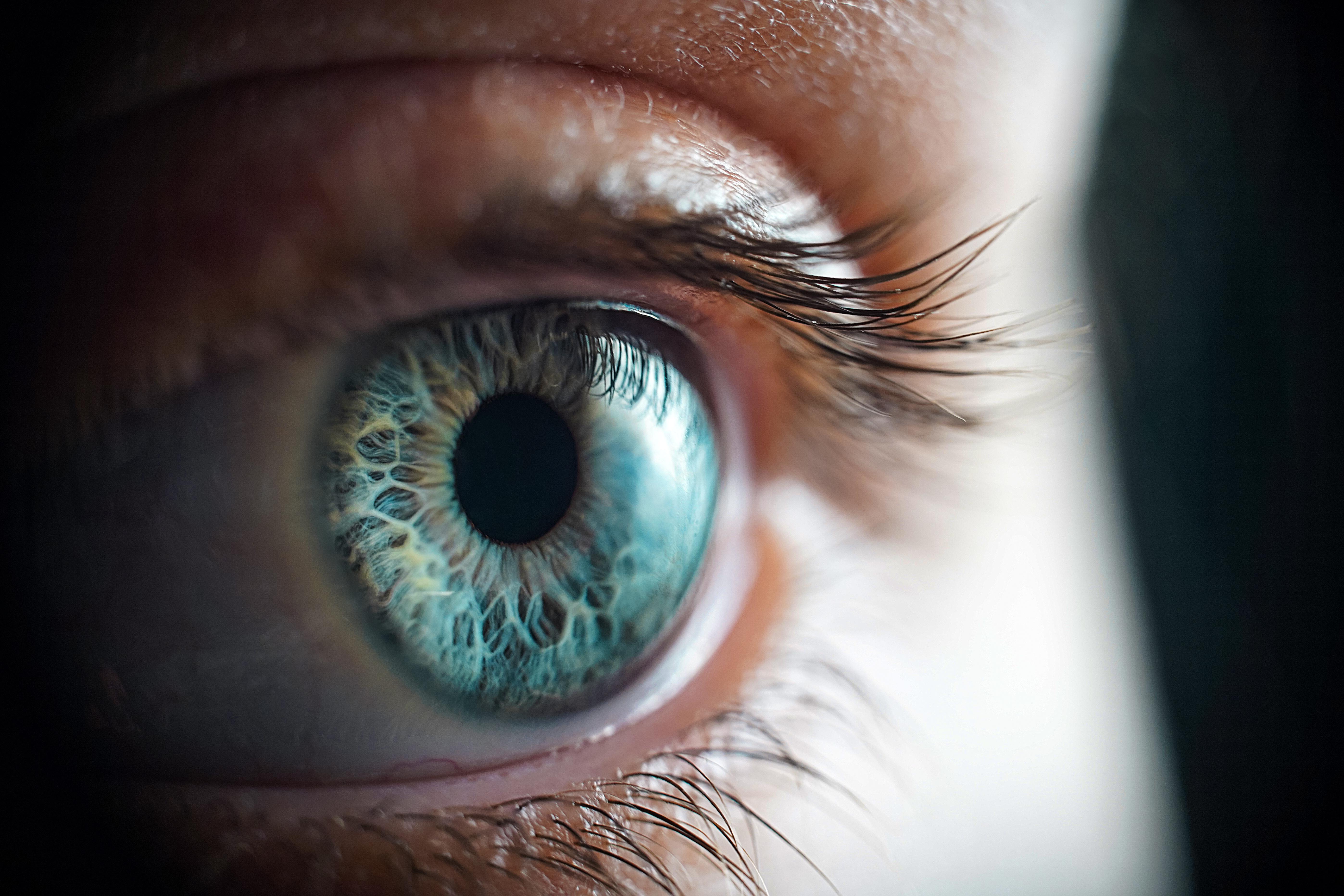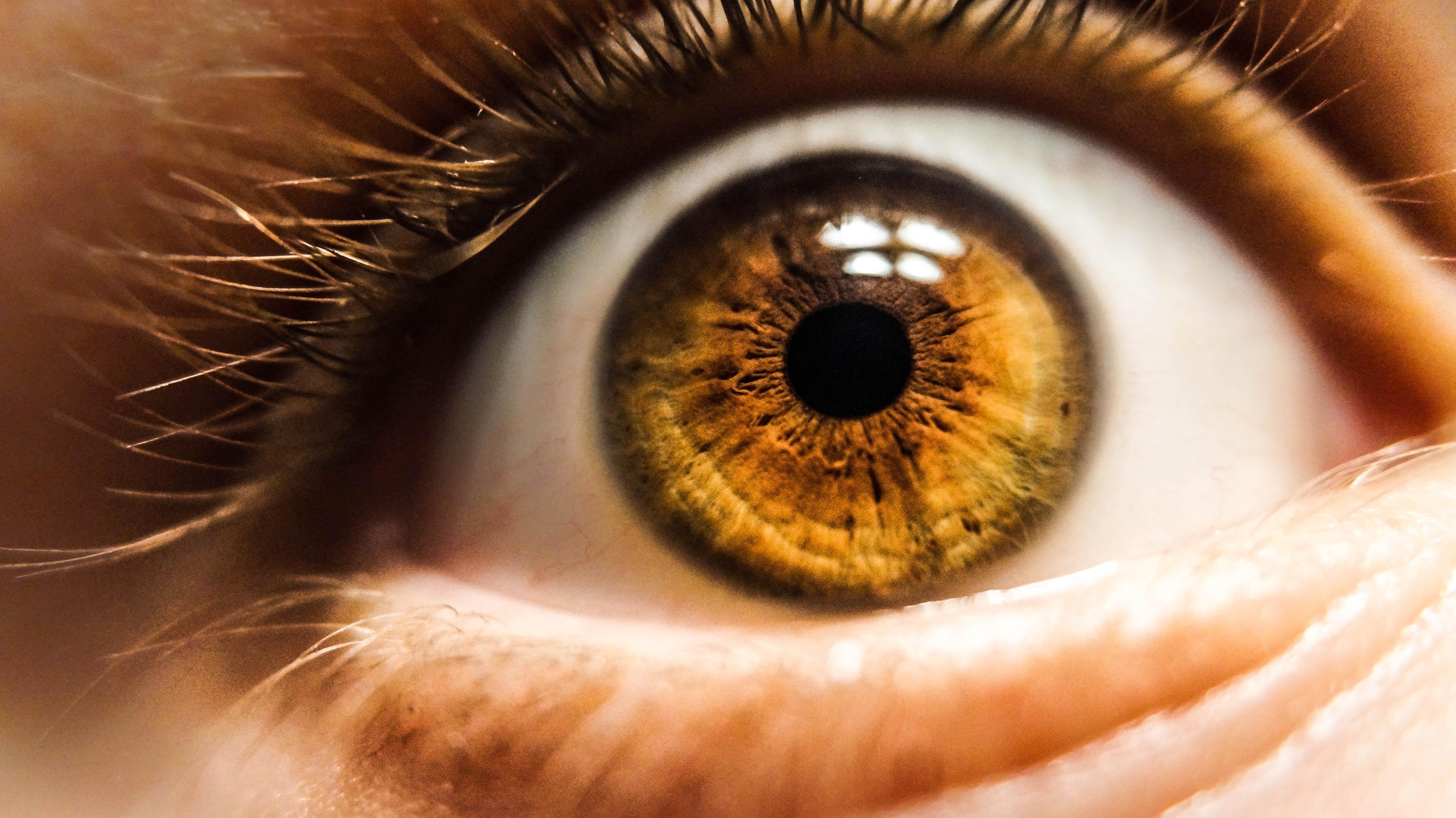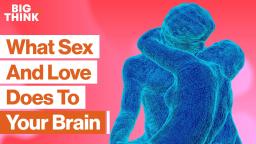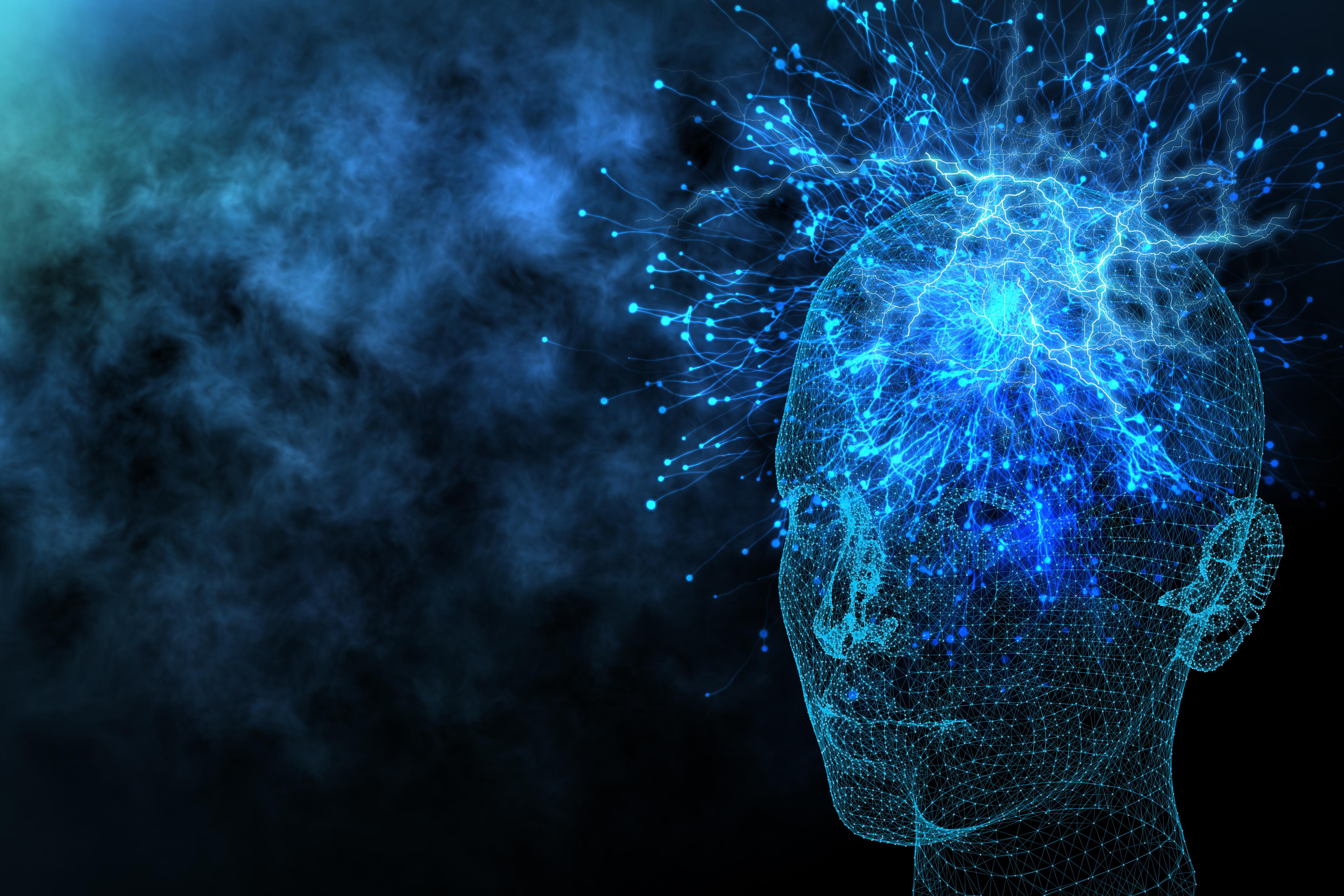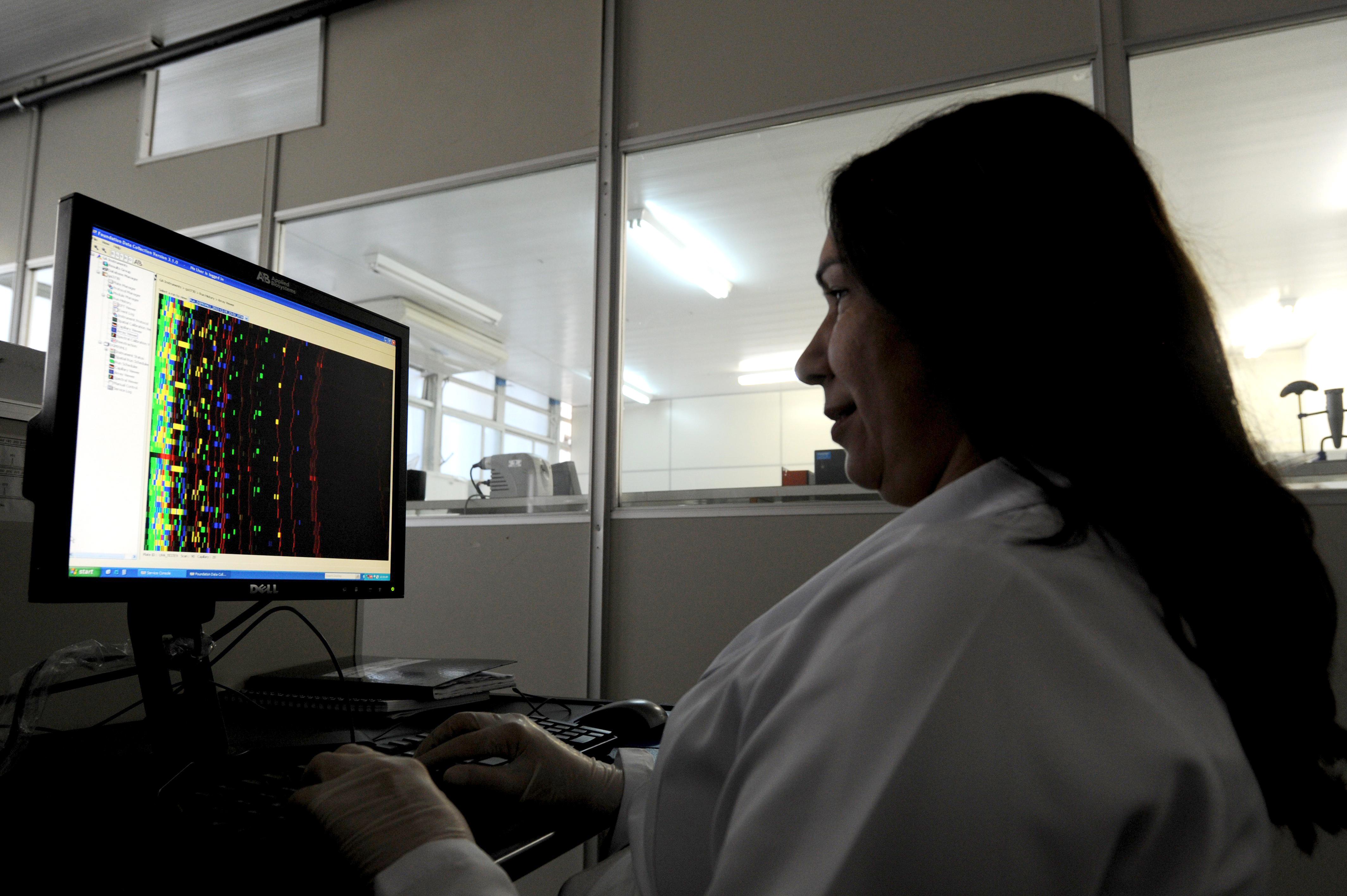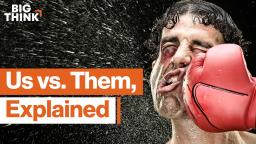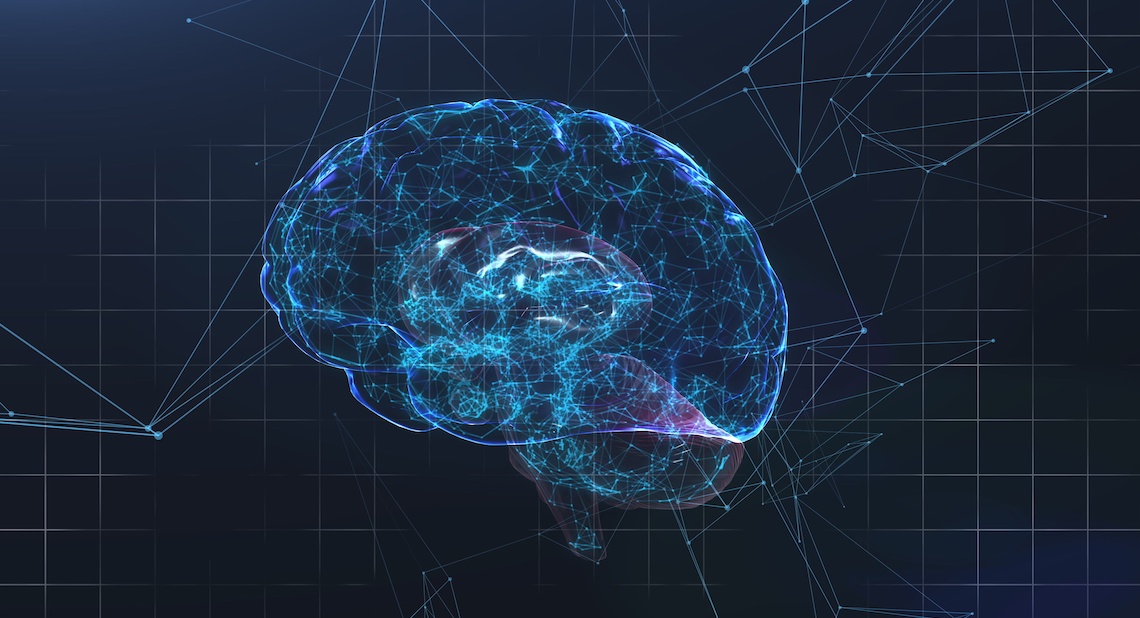neuroscience
The opening of jars, while impressive and often used to illustrate octopus intelligence, is not their most remarkable ability.
Psychedelics have been shown to help reduce depression. This study may show us why.
Brain-based technologies of spiritual enhancement can induce mystical experiences in many people on demand. What does this mean for spirituality today?
Are you getting a full 8 hours?
What most people don’t realize is that everyone’s imagery is different.
Maybe eyes really are windows into the soul — or at least into the brain, as a new study finds.
The experience of life flashing before one’s eyes has been reported for well over a century, but where’s the science behind it?
The symbol for love is the heart, but the brain may be more accurate.
▸
14 min
—
with
An early feasibility study finds a potential new treatment for Alzheimer’s disease.
A well-known psychology trick called the “rubber hand illusion” could be useful for treating patients with obsessive-compulsive disorder.
Science has not yet reached a consensus on the nature of consciousness.
Is the physical universe independent from us, or is it created by our minds, as suggested by scientist Robert Lanza?
Many thousands of different genetic variants are responsible for complex behavior.
This discovery could lead to better treatments for PTSD, borderline personality disorder, and epilepsy.
People who go ballistic over other people’s eating sounds aren’t just cranky — they have misophonia.
Neuroscience explains terrifying ordeals, from out-of-body experiences to alien abductions.
Scientists successfully trained people to use robotic extra thumbs, suggesting body augmentation could revolutionize future humans.
A new study used functional near-infrared spectroscopy (fNIRS) to measure brain activity as inexperienced and experienced soccer players took penalty kicks.
What’s the difference between brainwashing and rehabilitation?
Humans may have evolved to be tribalistic. Is that a bad thing?
▸
17 min
—
with
Studies show that religion and spirituality are positively linked to good mental health. Our research aims to figure out how and why.
New research suggests that there is no “typical” form of Alzheimer’s disease, as the condition can manifest in at least four different ways.
A lab identifies which genes are linked to abnormal repetitive behaviors found in addiction and schizophrenia.
Cannabidiol (CBD) seems to reduce the unpleasantness of pain, a finding that surprised the researchers behind a new, first-of-its-kind study.
A recent study used fMRI to compare the brains of psychopathic criminals with a group of 100 well-functioning individuals, finding striking similarities.
Because of our ability to think about thinking, “the gap between ape and man is immeasurably greater than the one between amoeba and ape.”
Two different studies provide further evidence of the efficacy of psychedelics in treating depression.
Neuroplasticity is a major driver of learning and memory in humans.
How can researchers map something as complex as the human brain?
